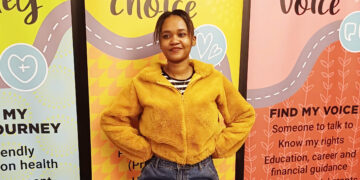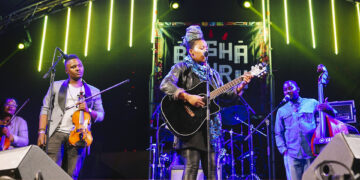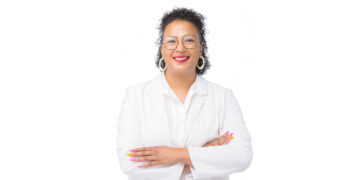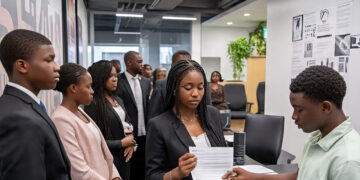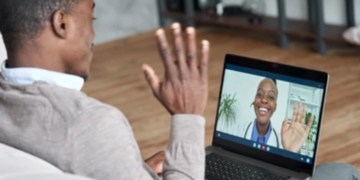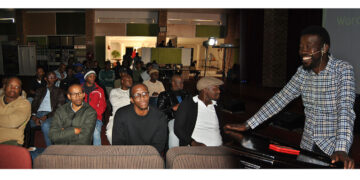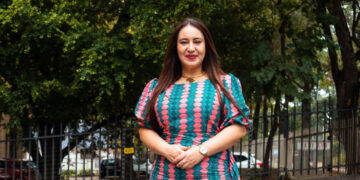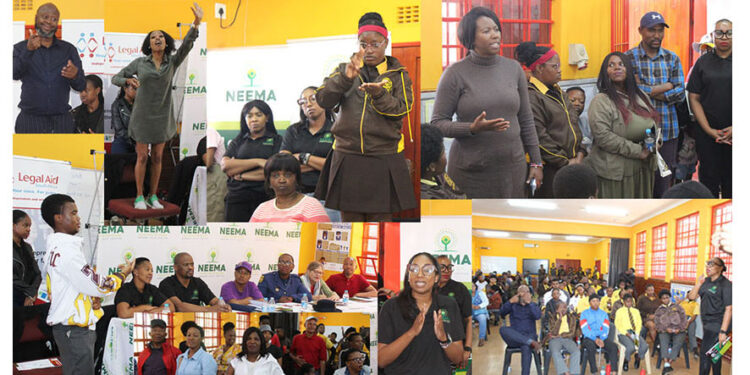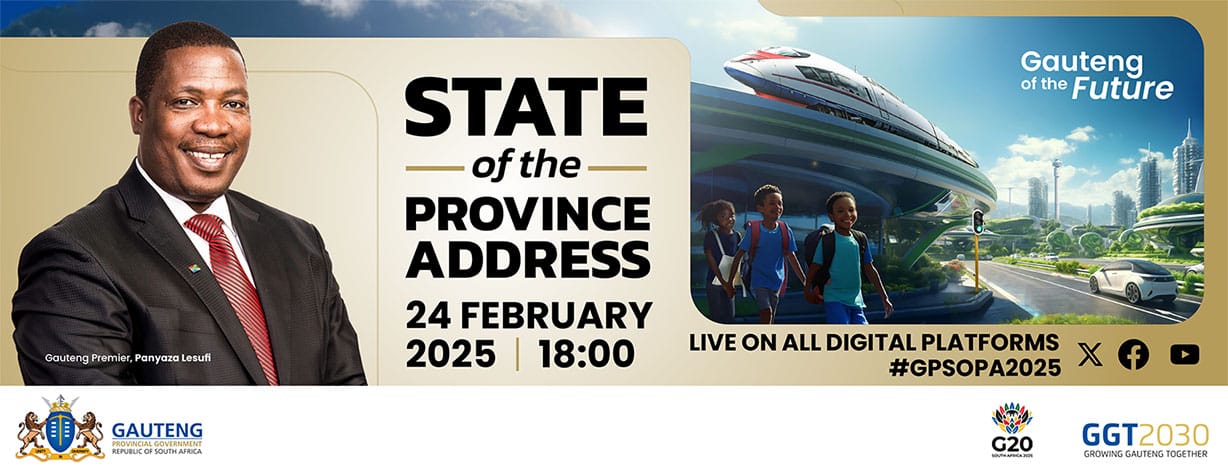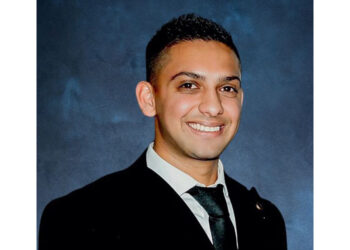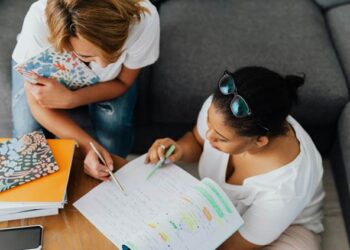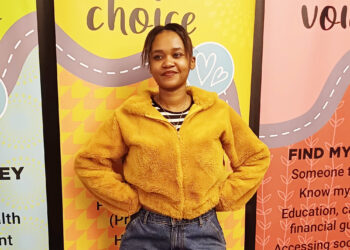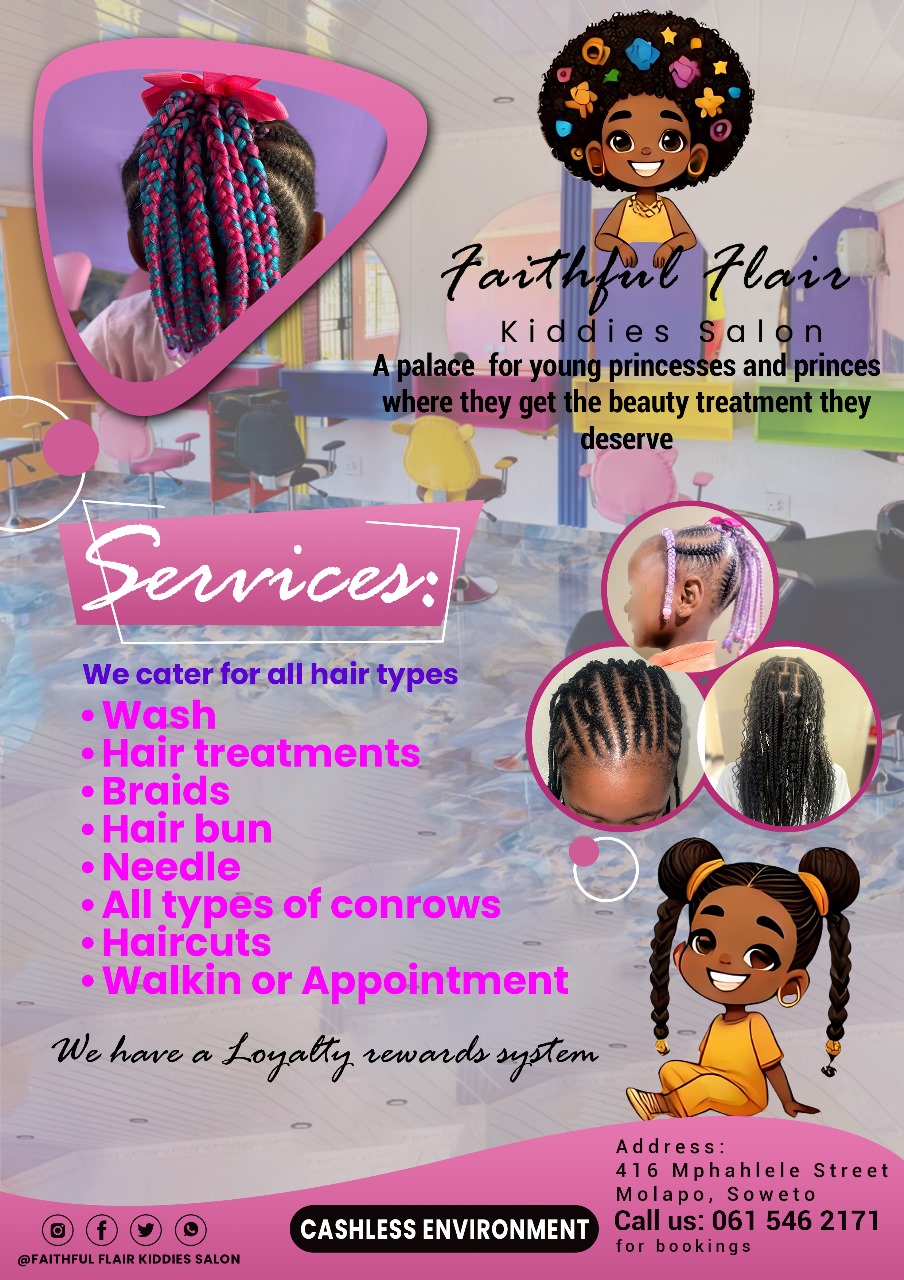Warm sun rays of hope and dialogues reflected upon the Sizwile School of the Deaf on Saturday 11 May 2024 as the Neema Foundation for the Deaf descended to Dobsonville to run sessions pertinent to pressing issues affecting our often isolated people in the broader society. But because of the board members of Neema are made up of Deaf people, they themselves have experienced the challenges that the learners do, therefore they act as big brother to address societal issues. The event round table was to find common ground in addressing issues that affect relation between deaf learners, parents and guardians as well as the educators at the school.
The various stakeholders panel from all social streams came to address the session and express how they can be of help to learners and parents. In the day abled people wore the shoes and discovered the reality of how it is canvassing life as a Deaf person. As a matter of fact, the challenges become double if not triple, therefore the resilience and the striving of the deaf remains remarkable. The writing of deaf people and able persons is not the same which increases communication barriers. Sometimes they need to tell a story privately (privacy) at a clinic or police station as their stories and challenges they experience vary.
The event facilitated by Unathi Batyashe who is also a board member at Neema, a journalist and SABC television talk show host. Some of the most difficult thing that deaf people face in their day to day life reassemble a plight to intervention to be tackled by social groups in our midst. Issues such as Gender Based Violence, Family conflicts, trauma, how the justice system and law may at times not be on their side. Because of language barriers, things they don’t understanding and the unavailability of information. Unathi addressed the audience that as Neema, “we are here to address the things that trouble you, we have been on a roadshow across the country talking about the hard things and we want you to speak out”. People that are difficult and cause problems for others have a history of trauma themselves. To speak out if they have been harassed by a family member, friends, the school, law enforcement authorities or anyone that is supposed to be helping you? The foundation is here for you. Neema cares and is here to walk the journey with you.” She mentioned.
She also facilitated a Q and A session for learners and parents and everyone was afforded the opportunity to vent and relate their stories as individuals, with the aid of sign language interpreters and panel members afforded the opportunities to advise toward related questions.
Itumeleng Motaung, Neema board chairperson mentioned, “our coming here is to address issues of not being heard when expressing oneself to people especially when going to report an offence at the police station, there’s no one to interpret the sign language. So here at Neema we advocate helping such and the people have access to information because sign language is now a 12th official language.
Tshepo Maseko advocates for Deaf people’s rights, challenges the system on a daily basis as a social worker. The man expresses his sign language confidently and passionately as he takes to the podium, he affirms that social ills must be taken up vigilantly. Issues such as alcohol abuse that denote an inherent problem in an individual due to stress of miscommunication, social pressures with peer group and being bullied, all of the mentioned resemble abuse. You cannot afford to be taken advantage of as an individual. If someone suspiciously closes the door with you inside their office, be vocal about it as it is your right to do so. Neema Foundation is here to help you if you realise that you are discriminated against or witnessing corruption around. He reiterated.
CEO of the Neema Foundation, Fatima Cele elaborated on the newly created whatsapp number that speaks to the person enquiring that has all other numbers for helping with various needs even video messages are welcome. Whenever the child finds themselves in trouble they may whatsapp the Neema foundation that they may be redirected to. Even Deaf senior people are welcome to seek counselling or issues they need addressed. She also related that during school holidays learners feel the silence at home where it is less social than at school. They also created an automated chat box channel. It has relatively empowered victims of GBV where victims may report, as well as witnesses to report the act or even voice recording and pictures of the scene. There is also the family conflict prompt where the foundation can play a role of mediation. There is also psycho social intervention, where they partner with Lifeline and GBV command centres where a deaf learner or parent/guardian may request an in-person appointment where various issues including personal issues may be addressed. There are also adverts of career opportunities and entrepreneurial guidelines in the channel interface. They have also partnered with Tivet colleges where they identified programmes that may work well with the Deaf community furthermore sharing vital information that best supports the deaf community. The whatsapp number to forward your name to is, 083 702 0221.
Members of SAPS confirmed their commitment to extending their services to better the lives of deaf people, especially when needing support from law enforcement. Constable Thokwane Social Crime Prevention Coordinator based in Dobsonville. Social policing is a softer version of enforcement. They wear friendly clothes, and deal with children, people with disabilities, the elderly including schools with a softer approach. He’s also the schools officer and works extensively with schools. The friendly room creates a safe space where the victims of various abuses receive help.
One of the day’s guest highlights was Carmina Coetzee, a Prosecutor from the NPA is stationed at a sexual offences and community affairs unit. She mentioned that they work primarily with GBV especially the serious sexual offences abuse against children. Children in conflict with the law as well as human trafficking. She is also the provincial manager for Thuthuzela care centres based in the South Gauteng province. She explained that a Thuthuzela care centre is a one stop service centre. “Victims may report crimes committed against them. There’s one at the Lenasia South clinic as well as the other at the Chris Hani Baragwanath hospital. There you may meet the Social worker and shelter if you need one. Police also visit the centre, so a victim may be helped to open a case, and a Prosecutor will see to it that the case goes to court.” She stated.
Derick Nyundu from Lifeline South Africa mentioned that the event workshop is not only meant for learners but also parents and guardians. Children may behave strangely but that may be because of home background. The counselling may be facilitated telephonically and even on whatsapp where a counsellor may interview a person seeking help thereof. They also administer online counselling, where the victims or patient may access them through the Neema Foundation and find a way to make an appointment to visit their offices for person to person therapy. Parents are also encouraged to book in their children as they also may be having issues that hamper their well-being.
Raymond Nelani a lawyer from Legal Aid ensures that as a victim you may be legally represented without any payment.
Deputy principal Nomsa Mdikana spoke as the representative of the Sizwile Secondary school. She acknowledged that they are no longer side-lined as a school. She made an affirmation that members of the SAPS must learn sign language so they can effectively assist the school children. She encouraged that they come in for basic sign language classes, that parents also come in and take advantage of. She encouraged the learners to speak out in the session.
Parents with Deaf children at the school, Sibongile Nzwana from Zola and Zodwa Zondo based in Braamfischerville mentioned that they have challenges attending classes on Saturdays as recommended by the school. But they confidently related that they know the basics in sign language and have no difficulty communicating with their kids. They proudly spoke about their kids enjoying socializing and communicating freely with their peers, visiting malls and recreational venues, etc, without feeling isolated from the broader society. Albeit they do discuss deeper issues, such as conducting themselves, and sharing problem issues.
Zanele Sishuba, a Social worker at school mentioned that parents are not communicating effectively with the learners at home. As a result, they feel isolated presenting challenges at school such as bullying coupled with anger issues including substance abuse. So if parents can learn sign language there would be alleviation of a number of compounding problems. There is a need of professionals to address learner issues. She related.
Jerry Sokhupe
Soweto Sunrise News



